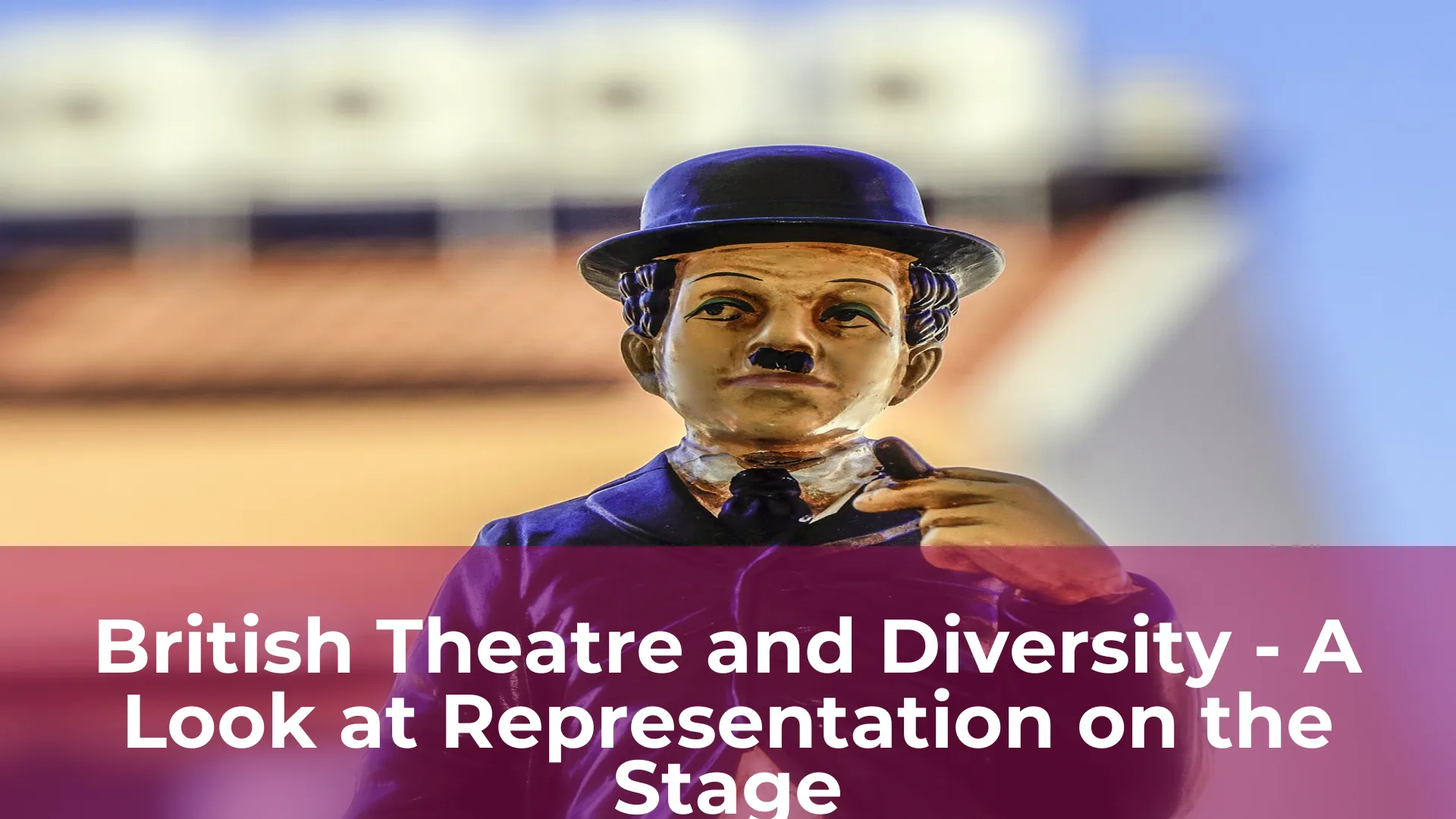Theatre has always been a medium for storytelling and conveying powerful messages. However, the representation of diverse voices on the British stage has been a topic of concern for decades. With the increasing demand for inclusivity, it is imperative to examine the representation of diverse communities in British theatre to ensure that the stage reflects the reality of society.
Over the years, the lack of representation has resulted in a significant imbalance in the casting of diverse actors. This has led to actors of colour, disabled actors, and actors from the LGBTQ+ community being underrepresented, which in turn, limits the range of stories being told on stage. With the growing demand for more diverse and inclusive narratives on the stage, it is essential to recognize and address the barriers that have prevented diverse voices from gaining traction in the industry.
However, there have been some positive steps taken in recent years to address the issue of representation in British theatre. The creation of programmes aimed at developing diverse talent, such as the Black Ticket Project and the Diversity School Initiative, has helped to create pathways for underrepresented groups to pursue careers in theatre. Additionally, the success of productions featuring diverse casts, such as ‘Hamilton’ and ‘The Inheritance,’ has demonstrated the appetite for diverse narratives and has further highlighted the need for more inclusive casting.
The Importance of Diversity in British Theatre
British theatre has always been a cultural hub, with a rich history that has influenced theatre productions all over the world. However, one issue that has been highlighted in recent years is the lack of diversity in British theatre. In order to truly reflect the society in which we live, it is important for theatre to embrace diversity and showcase a range of perspectives and experiences. This not only helps to create a more inclusive environment for performers and audiences alike, but it also allows for more exciting and dynamic performances.
The Current State of Representation on the British Stage
Representation on the British stage has been a topic of discussion for decades. While the theatre industry continues to promote an inclusive and diverse culture, there is still work to be done. Many are concerned that certain demographics are underrepresented, particularly people of color, members of the LGBTQ+ community, and those with disabilities. This lack of representation not only affects those who are not given opportunities, but it also limits the narratives that are shared on stage. It’s time for the industry to take a closer look at its casting and production choices to ensure that everyone has a chance to tell their story on the British stage.
However, it’s not all doom and gloom. In recent years, there have been efforts to increase representation on stage. Many productions have made a conscious effort to cast actors who are not traditionally represented in theatre. Some theatres have also implemented programs to support and mentor emerging artists from underrepresented backgrounds. These initiatives have resulted in powerful performances and productions that have resonated with audiences. The British stage has the potential to be a platform for all voices, and with continued effort, we can make it a reality.

